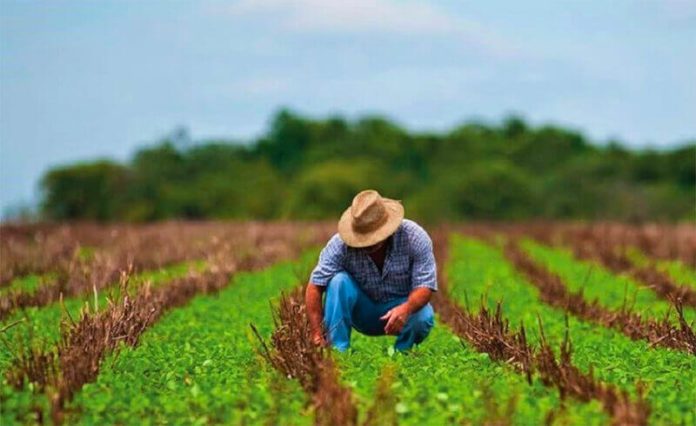The ban on the controversial herbicide glyphosate cannot be averted, the environmental NGO Greenpeace said Tuesday.
Glyphosate is the most widely used pesticide in the world and is listed as “potentially carcinogenic” by the World Health Organization (WHO), although its manufacturer, Bayer, insists that those effects are unproven.
Use of the herbicide, frequently sold under the brand name Roundup, has been somewhat restricted through a governmental decree at the end of 2020. It has faced 26 legal challenges, which argue that the ban violates regulations in the North American trade agreement (USMCA).
However, Greenpeace insisted that the ban was “constitutional … and legitimate” and that the legal challenges were “principally promoted by the agroindustry.”
Viridiana Lázaro, an agriculture specialist at Greenpeace, said a new report by the NGO would facilitate governmental agencies that aim to “gradually replace the use, acquisition, distribution, promotion and import of the chemical substance.”
She added that herbicide can be replaced by “sustainable and culturally appropriate alternatives, which allow production to be maintained and are safe for human health, and safeguard the biocultural diversity of the country and the environment.”
The report offers examples of businesses in the sector that have used alternatives to glyphosate.
Manuel Becerra of the National System of Researchers, a federal agency, said international trade agreements should come second to environmental considerations. “If … compliance with a free trade agreement could jeopardize rules that protect the environment, those [latter] rules have preeminence. Therefore we affirm that the environmental norms, and of course the decree, is framed in international law that must be applied as per the constitution,” he said.
At the time of the ban, Bayer regional director Laura Tamayo said it was bad news for farmers and the food chain. “The lack of access to production options puts us at a disadvantage compared to our competitors, such as corn farmers in the United States … the import of genetically modified grain from the U.S. is essential for many products in the agri-food chain,” she said, speaking on behalf of the National Agricultural Council (CNA).
The CNA said at the time that the ban could cause agricultural production to fall by up to 45%.
With reports from Forbes México
